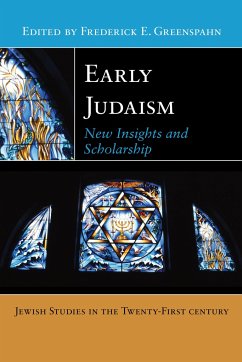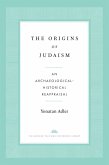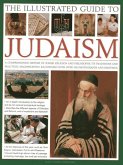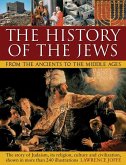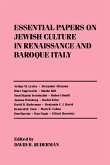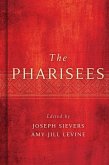An exploration of the emergence of Rabbinic Judaism drawing on primary sources and new methods Over the past generation, several major findings and methodological innovations have led scholars to reevaluate the foundation of Judaism. The Dead Sea Scrolls were the most famous, but other materials have further altered our understanding of Judaism's development after the Biblical era. This volume explores some of the latest clues into how early Judaism took shape, from the invention of rabbis to the parting of Judaism and Christianity, to whether ancient Jews considered themselves a nation. Rather than having simply evolved, "normative" Judaism is now understood to be the result of one approach having achieved prominence over many others, competing for acceptance in the wake of the destruction of the Jerusalem Temple in the year 70 CE. This new understanding has implications for how we think about Judaism today, as the collapse of rabbinic authority is leading to the return of the kind of diversity that prevailed during late antiquity. This volume puts familiar aspects of Judaism in a new light, exposing readers to the most current understanding of the origins of normative Judaism. This book is a must for anyone interested in the study of Judaism and its formation. It is the most current review of the scholarship surrounding this rich history and what is next for the field at large.
Hinweis: Dieser Artikel kann nur an eine deutsche Lieferadresse ausgeliefert werden.
Hinweis: Dieser Artikel kann nur an eine deutsche Lieferadresse ausgeliefert werden.

